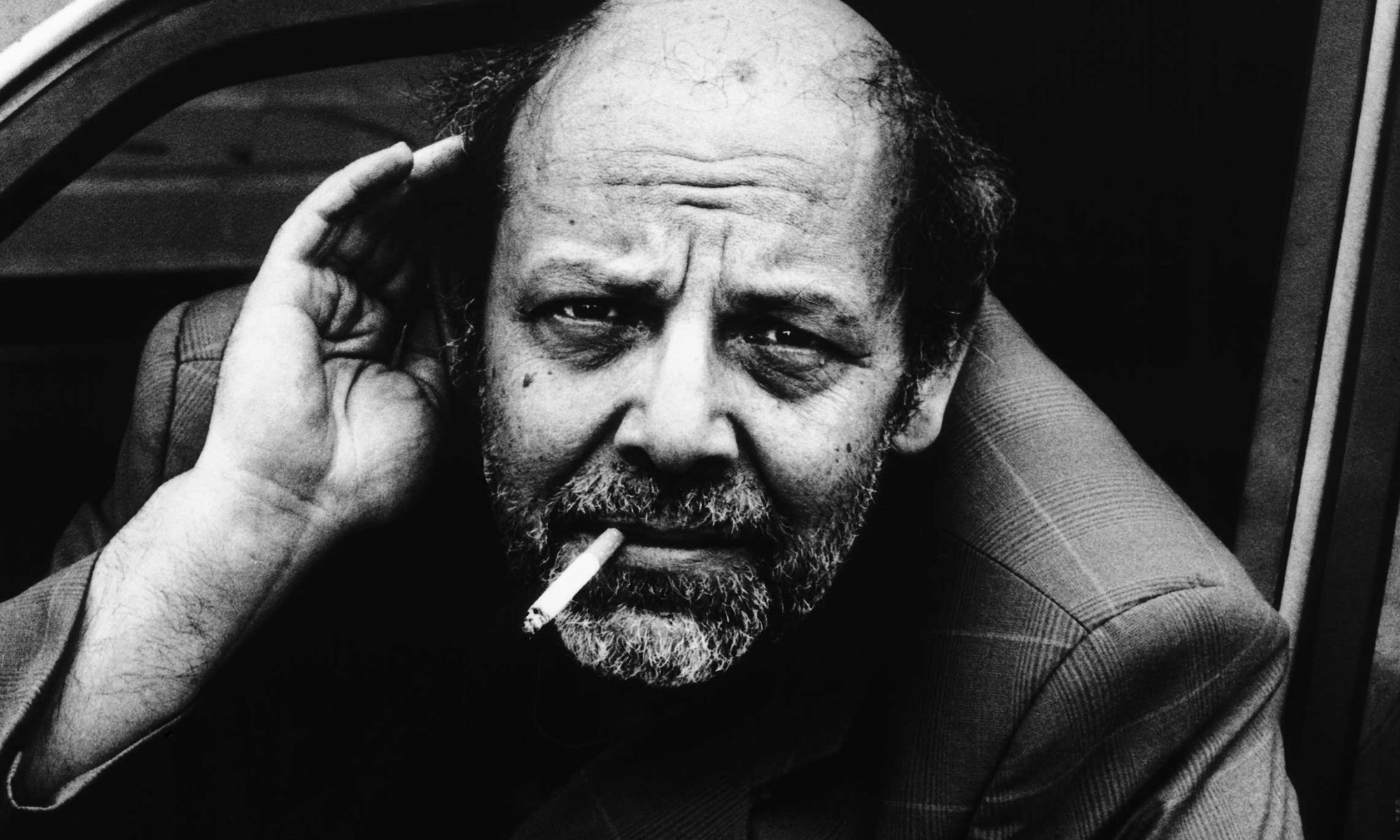A major figure in Dutch, European and global jazz and improvised music for half a century, Misha Mengelberg was born in 1935 (in Kyiv), and began composing and improvising at the piano as a child in Amsterdam. At the Hague’s Royal Conservatory from 1958 to 1964, he became lifelong friends with fellow student Louis Andriessen. Mengelberg won the Gaudeamus Composers Award in 1961, and the national jazz prize in 1966. On the jazz side, he championed (then) undervalued pianists Thelonious Monk and Herbie Nichols—he’d play their compositions ever after—and began his lifelong association with drummer Han Bennink.
In the 1960s Mengelberg was involved with the Fluxus art movement, played on jazz icon Eric Dolphy’s Last Date and at the 1966 Newport Jazz Festival, and wrote adversarial game pieces with whimsical rules 20 years ahead of their time. With Bennink and saxophonist Willem Breuker, he co-founded ICP—Instant Composers Pool—as a performing co-operative and record label, helping European improvised music define itself apart from American models. In that decade Mengelberg helped improvisers gain government support, not least by rebranding improvisation as “instant composing”—a conceptual shift that invited improvisers to deploy a composer’s skillset.
In the 1970s, Mengelberg presented music-theater shows with writer Wim T. Schippers, and staged the spectacle Met welbeleefde groet van de kameel, in which he deployed carpenter’s tools to transform a kitchen chair into a stylized camel, as saxophones harrumphed behind. He was the first chairman of the improvising musicians union BIM, and supervised Amsterdam’s Studio for Electro-Instrumental Music (STEIM), which he’d co-founded. He also assembled early versions of his midsize ICP Orchestra.
That band hit its stride in the 1980s, when Mengelberg trained a new batch of players in his methods. Now he had a pool that could address all his musical and artistic concerns: games, spontaneous theater, free improvisation, sheer absurdity and playing his lively jazz tunes, misshapen fanfares, Mozartian delicacies and catchy diatonic ditties, and a willingness to make it new every night.
On the page a Mengelberg tune may look innocuous, with fast or slow descending-ascending motifs that don’t necessarily lead anywhere. Yet those motifs lend themselves to spontaneous paraphrase, distortion and mockery. In performance all things seemed possible, and everything got played impeccably, with high humor and a light touch, as on their classic Bospaadje Konijnehol II. And as his players got around, Mengelberg’s tactics and subversions permeated myriad bands locally and beyond.
In the ’90s and early 2000s, he toured internationally with ICP and recorded a few solo recitals, and his composed music got played by ensembles and piano soloists in and out of the Netherlands. In New York, John Zorn produced Misha’s 1994 trio classic Who’s Bridge (which spawned two sequels); Jazz at Lincoln Center presented Mengelberg and Bennink in 2000, two years after the pianist had recorded Two Days in Chicago with luminaries there. Misha continued to tour with ICP until his health deteriorated; he made his last issued recording in 2011. Even so, in 2015, his 80th birthday was celebrated with much fanfare in Amsterdam, when a version of his unproduced opera Koeien (Cows) was the hit of the annual Holland Festival. Mengelberg died in Amsterdam on 3 March 2017, aged 81.
[Kevin Whitehead, December 2023]
